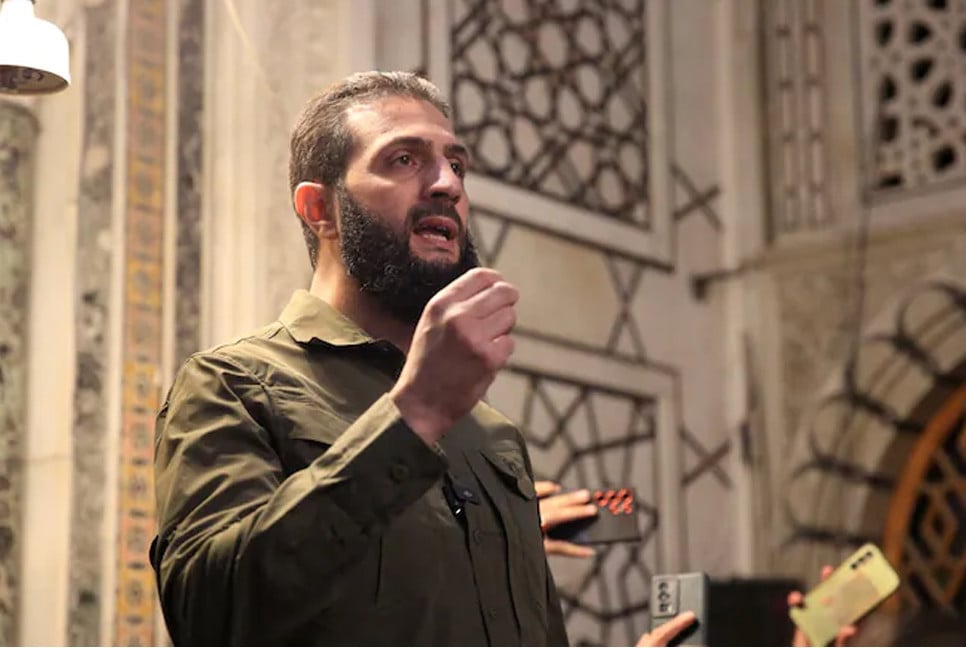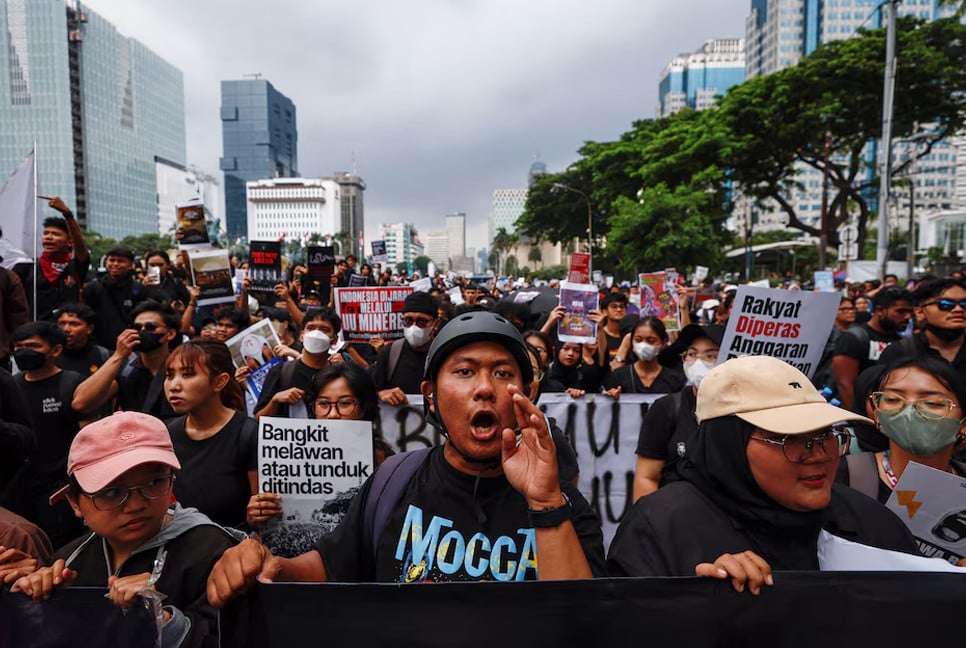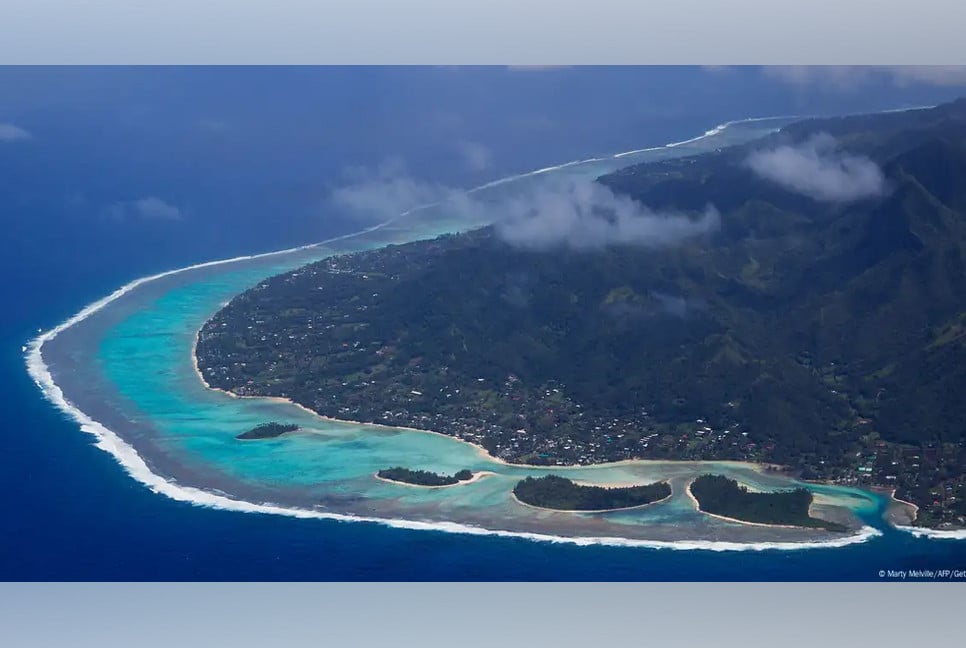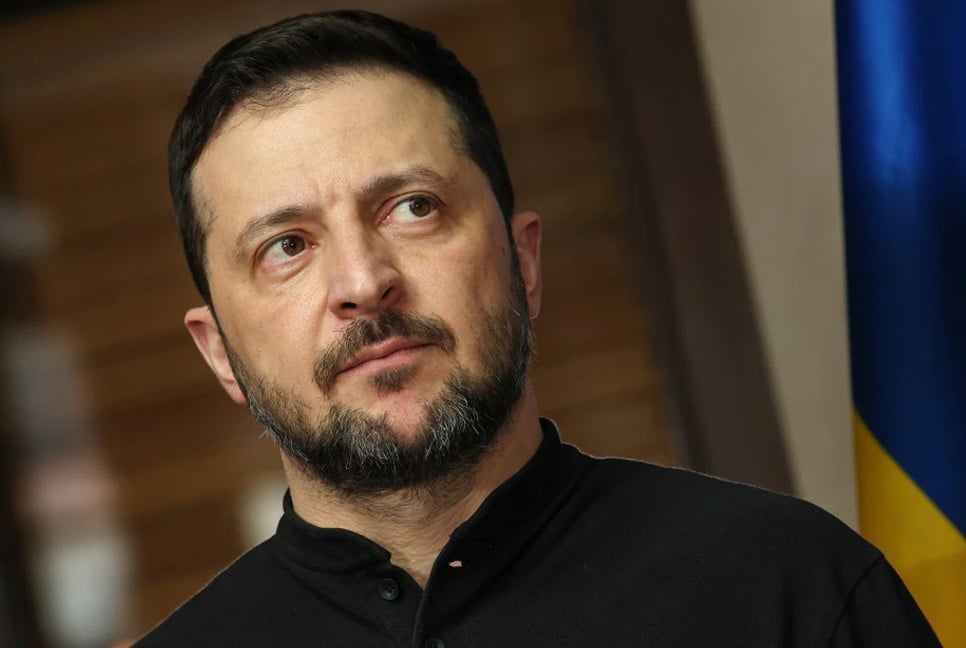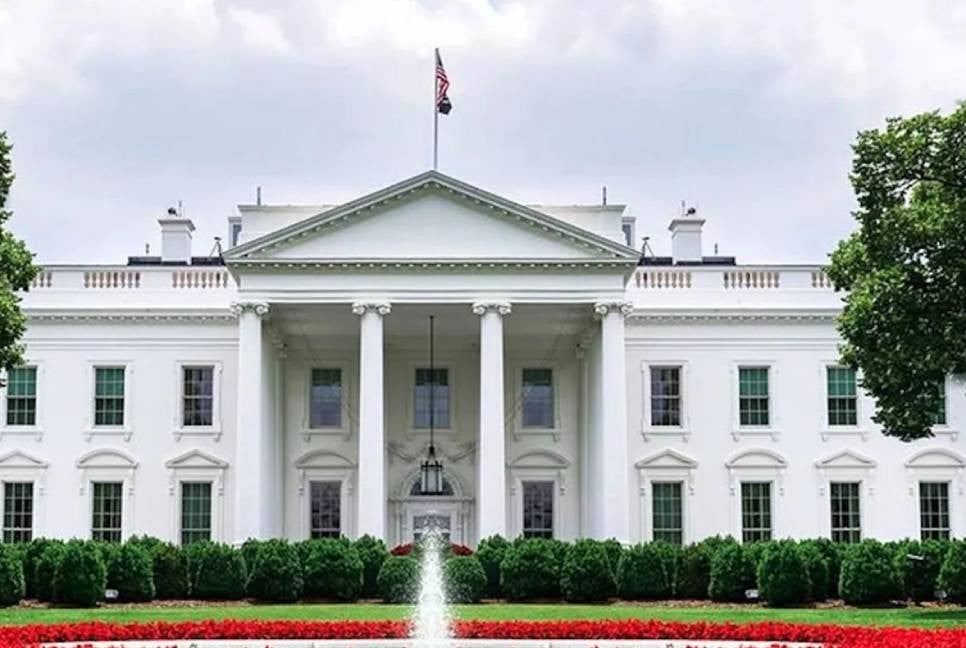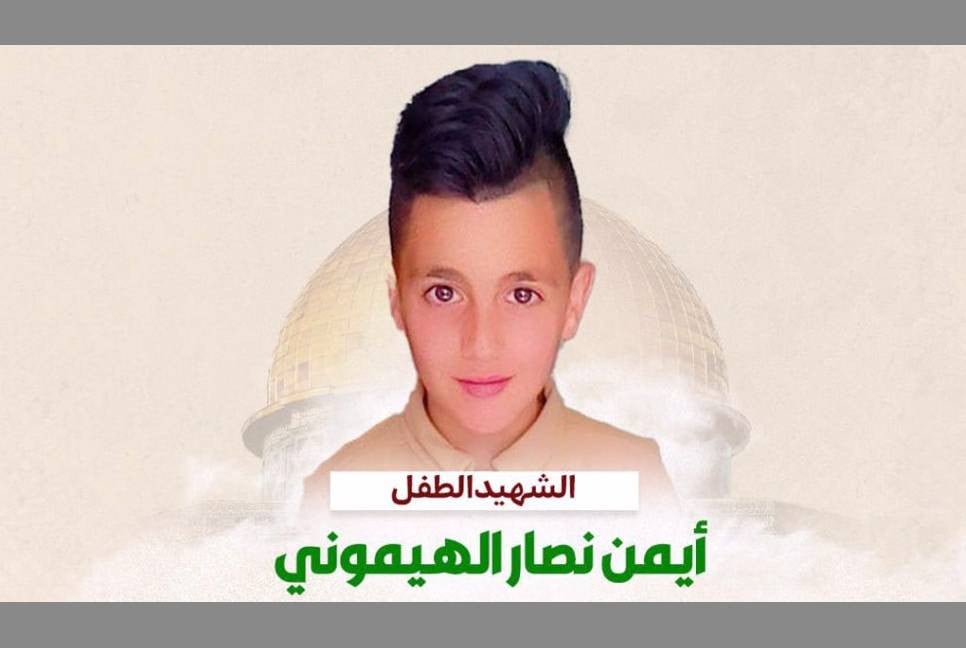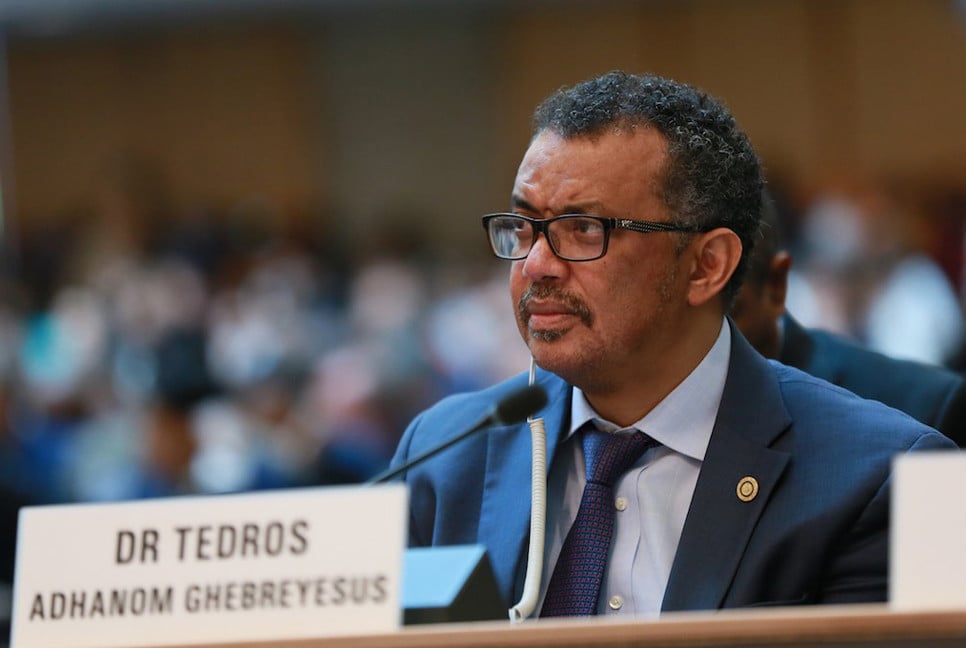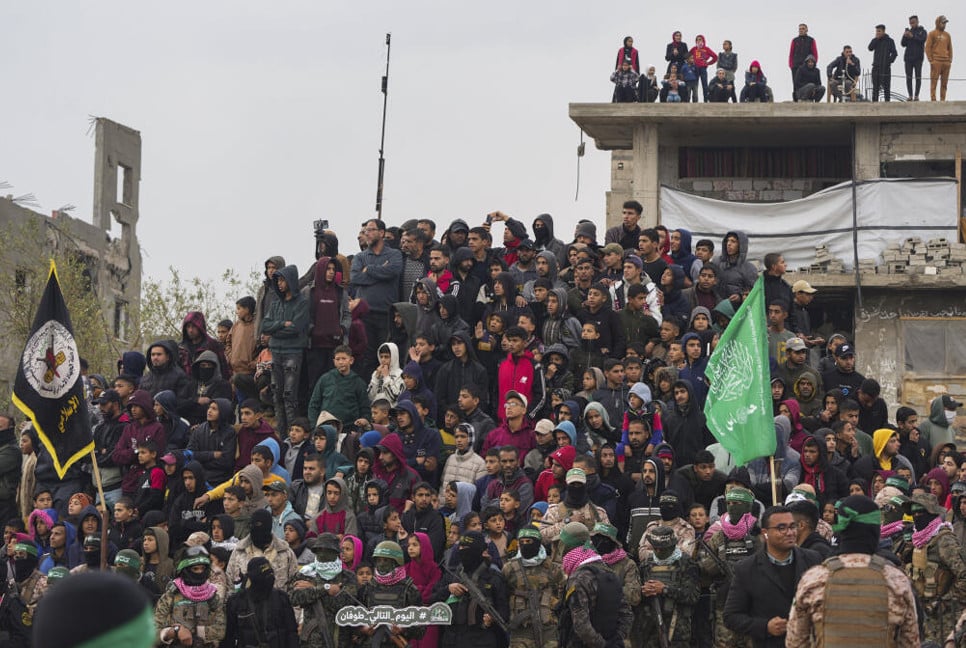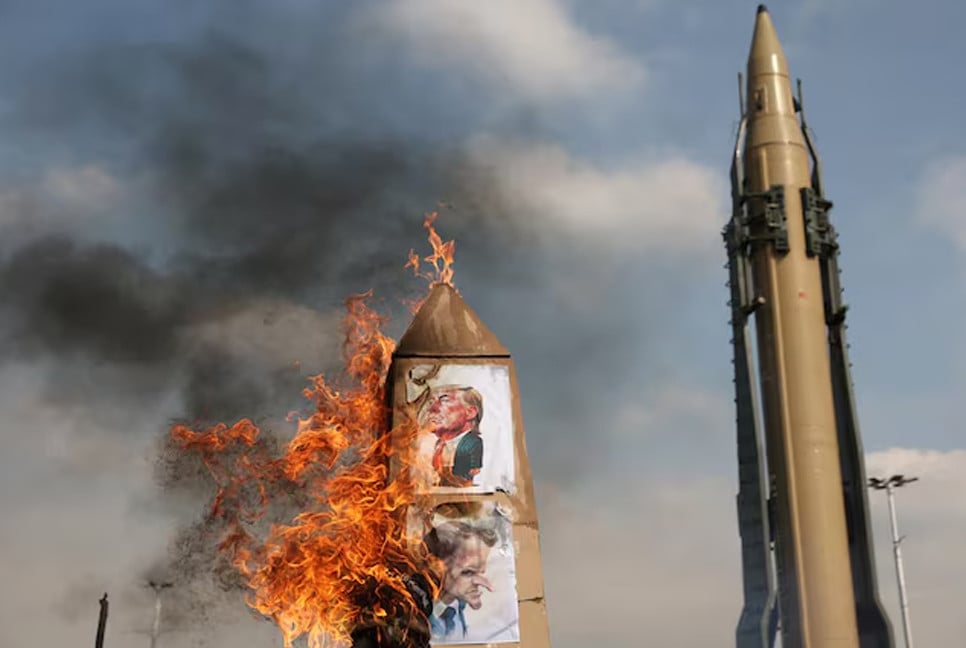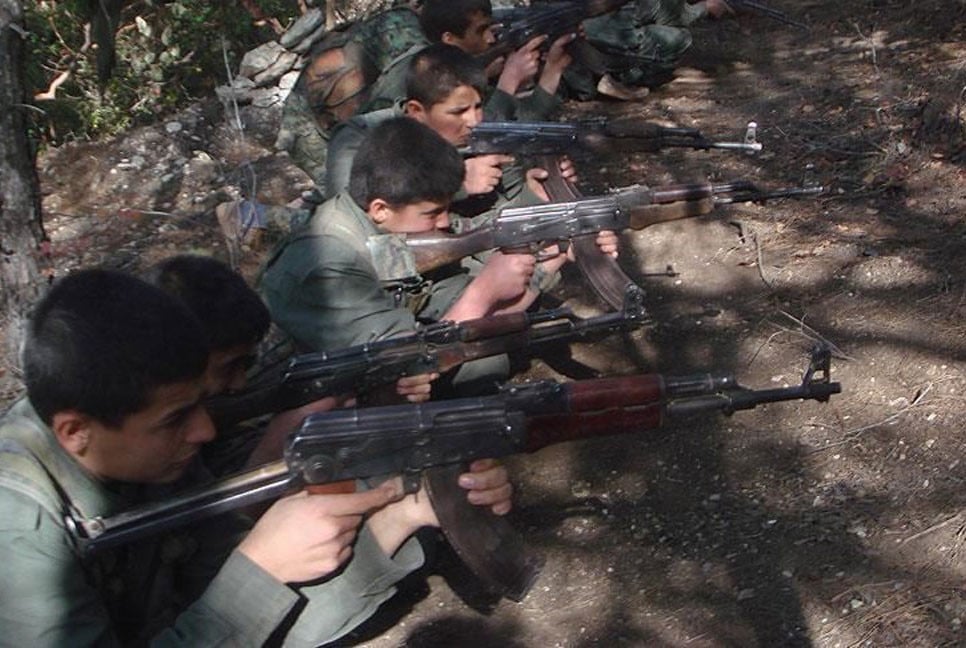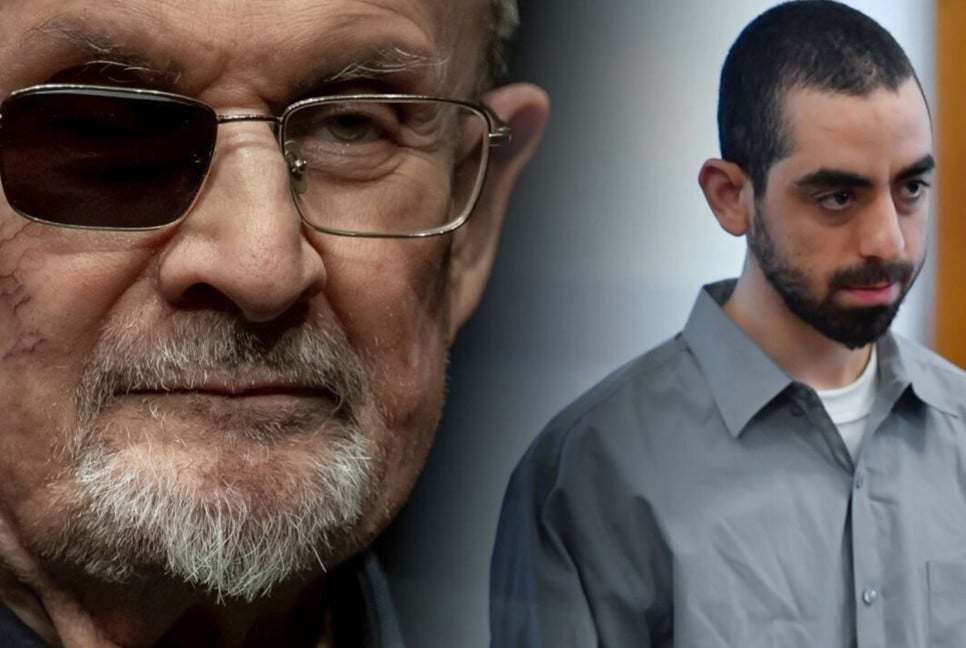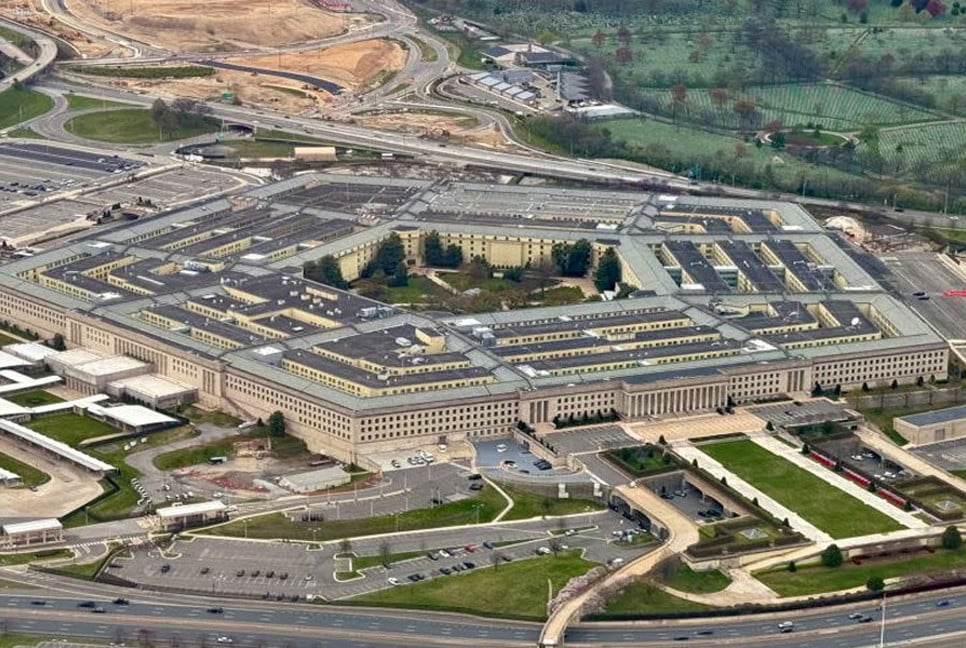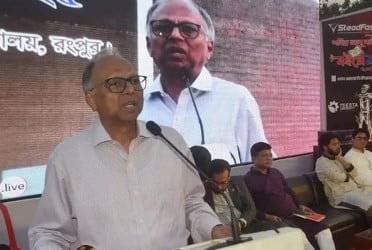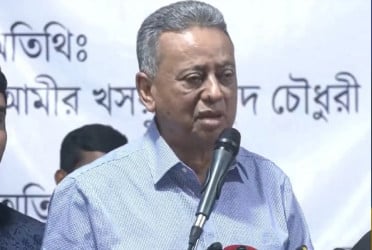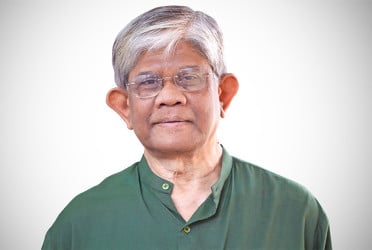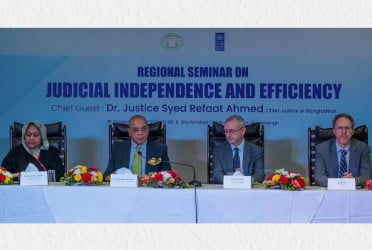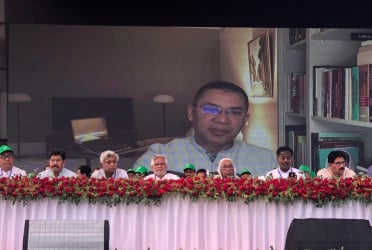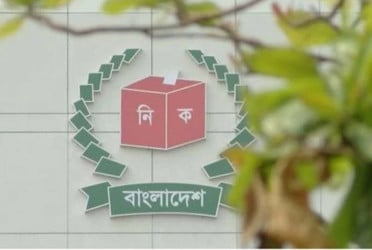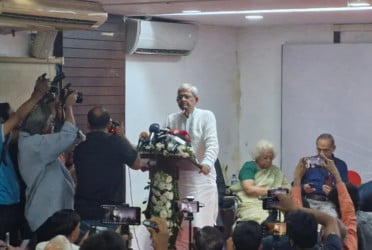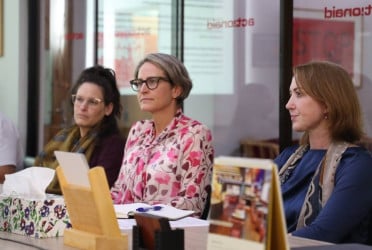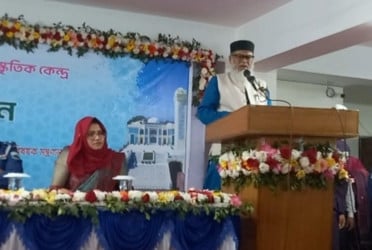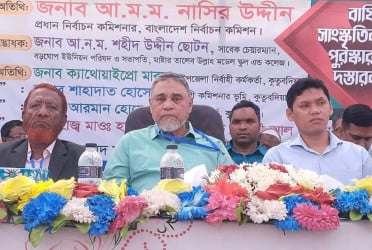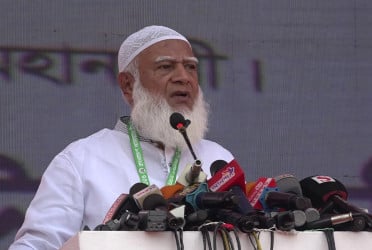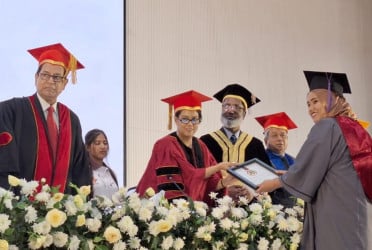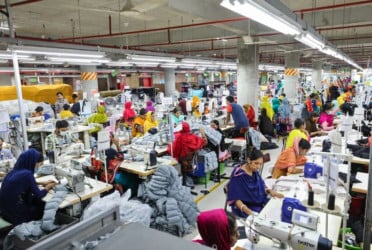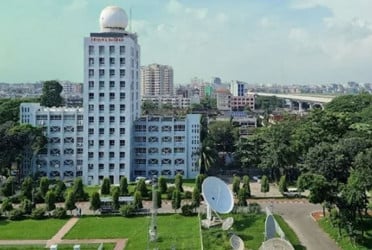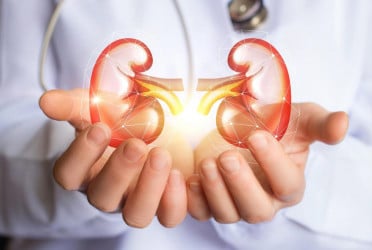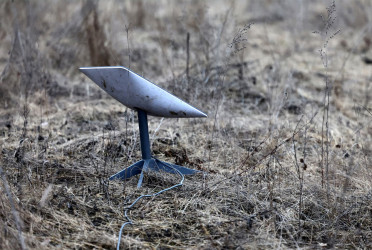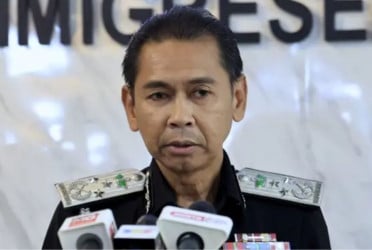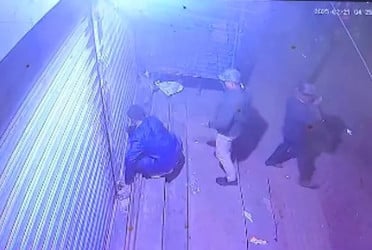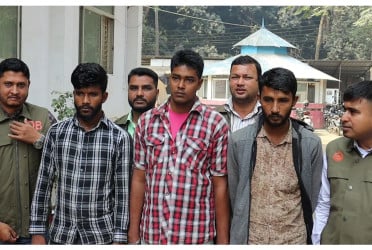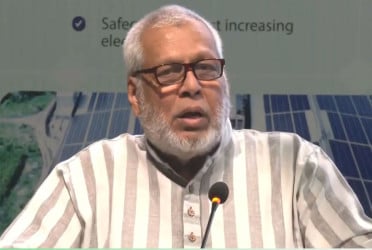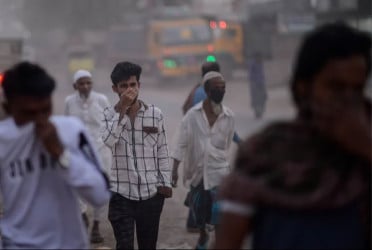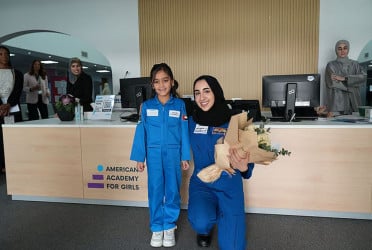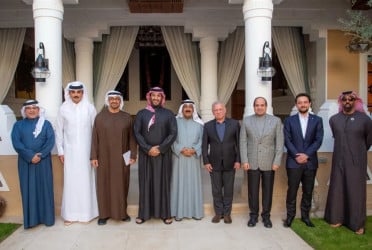Abu Mohammed al-Jolani, also known as Ahmed al-Sharaa, the rebel leader who spearheaded the offensive that toppled Bashar al-Assad’s regime, has vowed to hold senior officials accountable for torture and abuses committed under the previous government.
In a statement shared on rebel Telegram channels, Sharaa confirmed meeting outgoing Prime Minister Mohammed al-Jalali to "coordinate a transfer of power that guarantees the provision of services" to Syrians. The new leadership, he declared, "will not hesitate to hold accountable the criminals, murderers, security, and army officers involved in torturing the Syrian people."
The Assad regime, which ruled Syria for over five decades, faced rebellion since 2011, violently suppressing opposition and leaving nearly half a million dead while displacing millions. Assad had maintained power with support from allies Russia and Iran but was left vulnerable as their focus shifted to conflicts in Ukraine and Gaza. This opened the door for the rebel coalition led by Hayat Tahrir al-Sham (HTS) to storm Damascus, prompting Assad to flee the country.
The fall of Assad's government marks a new chapter for thousands of political detainees and their families. Many of these prisoners, held in infamous detention centers like Saydnaya prison, had been incarcerated for dissent. As news of the regime’s collapse spread, relatives of the detained rushed to the prison to seek answers.
According to the Syrian Observatory for Human Rights, over 100,000 inmates died in Syrian prisons during Assad’s rule, with more than 30,000 deaths at Saydnaya alone. Amnesty International described Saydnaya as a "human slaughterhouse," citing systematic torture, enforced disappearances, and executions as part of state policy.
Among those searching for loved ones is Aida Taha, 65, whose brother was arrested in 2012. "I ran like crazy. But I found out that some prisoners were still in the basements. There are three or four floors underground," she recounted.
Meanwhile, some prisoners who managed to escape from the now-unmanned prisons were seen wandering the streets of Damascus, bearing signs of torture and malnutrition. Citizens, long silenced under the Assad regime, cautiously expressed relief. Rim Ramadan, a 49-year-old civil servant, reflected, "We never thought this nightmare would end. We are reborn. We were afraid to speak for 55 years, even at home."
The transition has seen Syria’s parliament and the ruling Baath party express support for a "new Syria" based on justice and unity. Western nations, including Germany and France, have signaled readiness to engage with the new leadership, provided it upholds human rights and protects minorities. However, concerns remain over HTS's past ties to Al-Qaeda, with countries like the UK calling for the group to reject "terrorism and violence" before engagement.
US Secretary of State Antony Blinken emphasized Washington's priorities, stating, "We have a clear interest in avoiding the fragmentation of Syria, mass migrations, and the export of terrorism and extremism." The United Nations has also called for accountability for crimes committed under the Assad regime.
Assad is reportedly in Russia, though the Kremlin has not confirmed his presence. As Syria grapples with its past and looks to rebuild, the nation faces a complex path toward reconciliation and stability.
(Source: NDTV)
BD-Pratidin English/Mazdud

